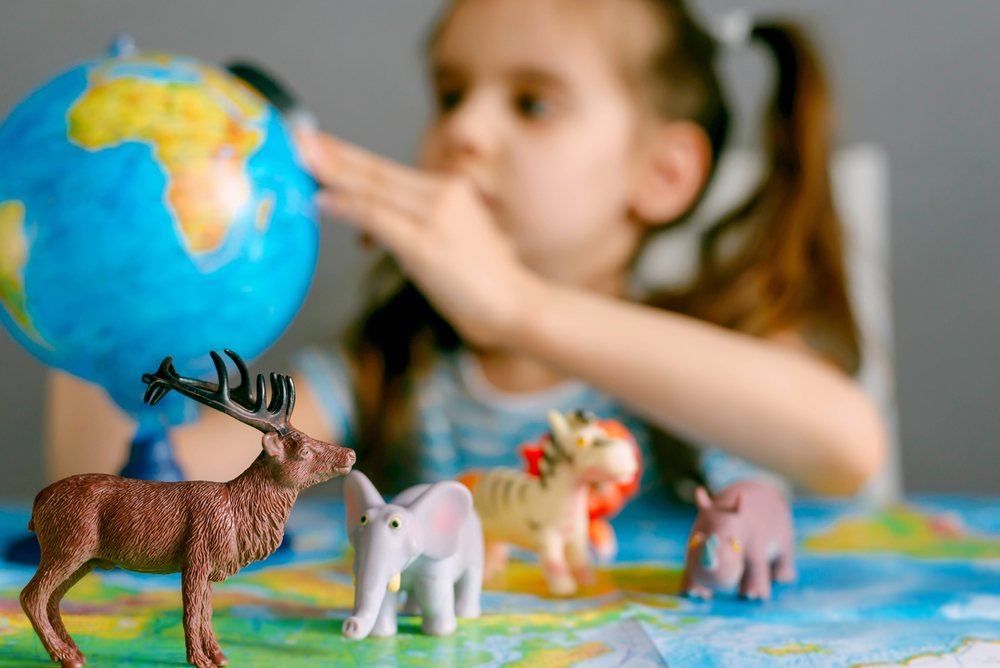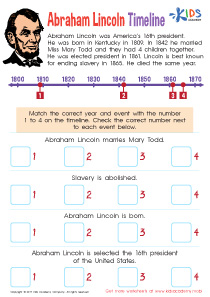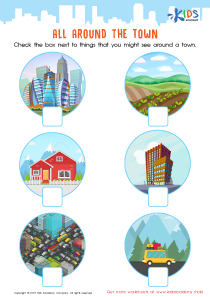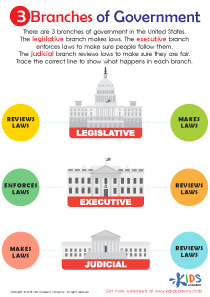Reading comprehension Normal Geography Worksheets for Ages 3-4
5 filtered results
Difficulty Level
Grade
Age
-
From - To
Subject
Activity
Standards
Favorites
With answer key
Interactive
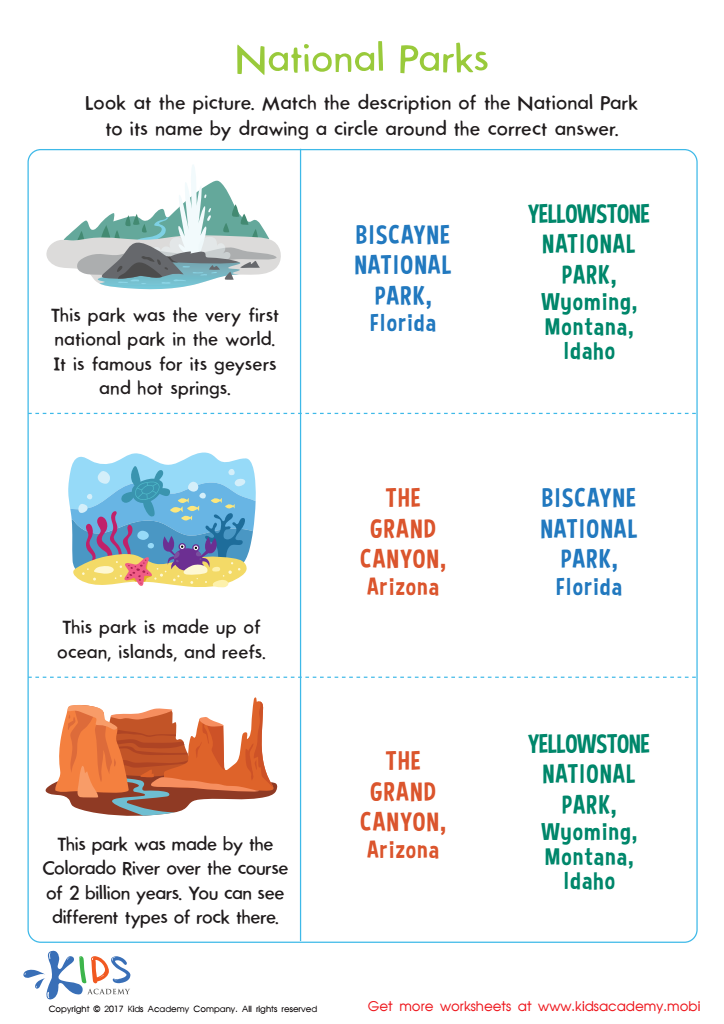

National Parks Printable
Introduce your child to the iconic US national parks with this worksheet! It teaches them important facts and features, and helps them explore the parks from home. Plus, extend their learning with real images from the parks!
National Parks Printable
Worksheet
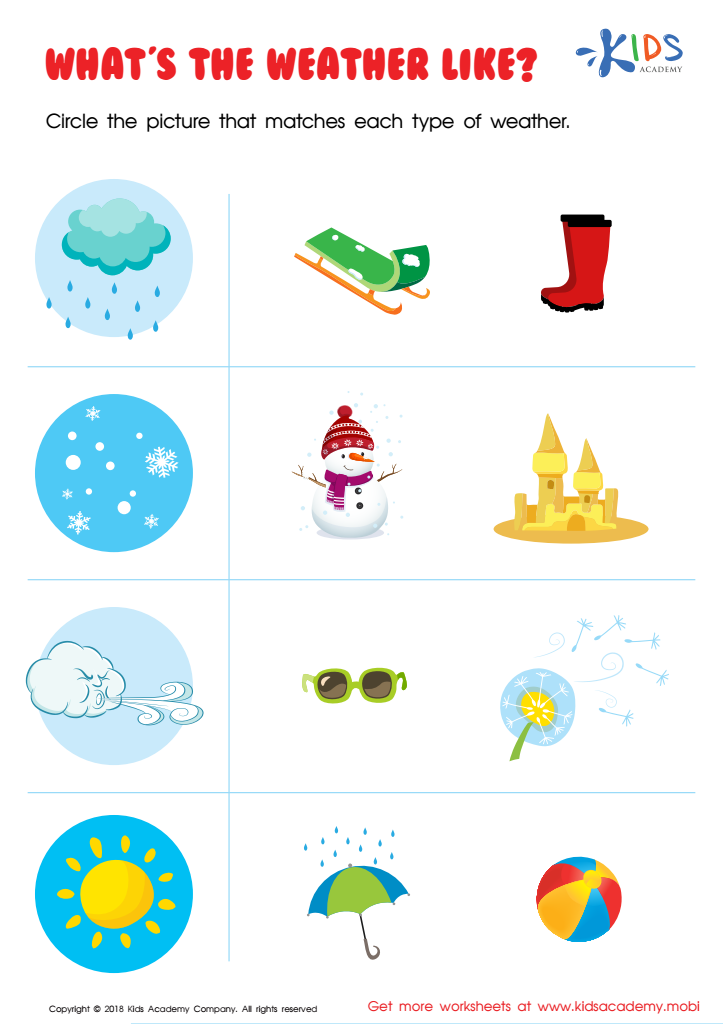

What's the Weather Like? Worksheet
Help budding meteorologists practice matching weather to seasons with this PDF worksheet. Picture clues help identify seasons and fine motor skills are practiced circling the correct weather patterns. Bright and engaging characters make learning fun and reinforce weather knowledge.
What's the Weather Like? Worksheet
Worksheet
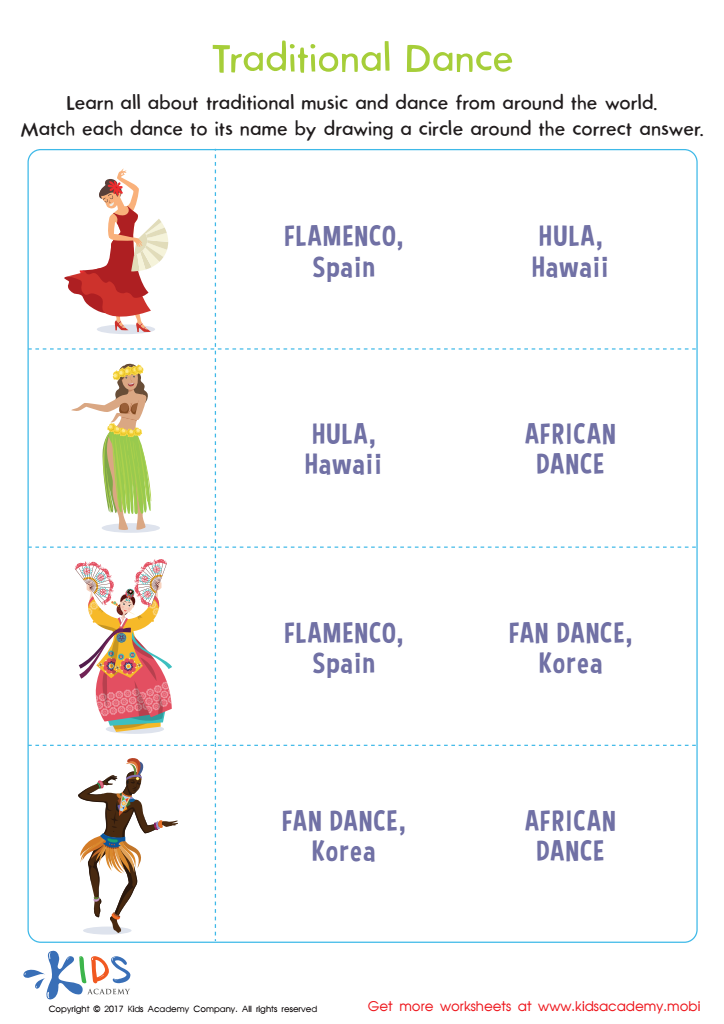

Traditional Dance Printable
Introduce your child to traditional dances from across the globe with this worksheet. They'll learn to identify dances from different cultures, use their critical thinking skills and build an appreciation for different cultures. Let’s help kids to appreciate people’s differences and explore the world with this fun, colorful worksheet.
Traditional Dance Printable
Worksheet
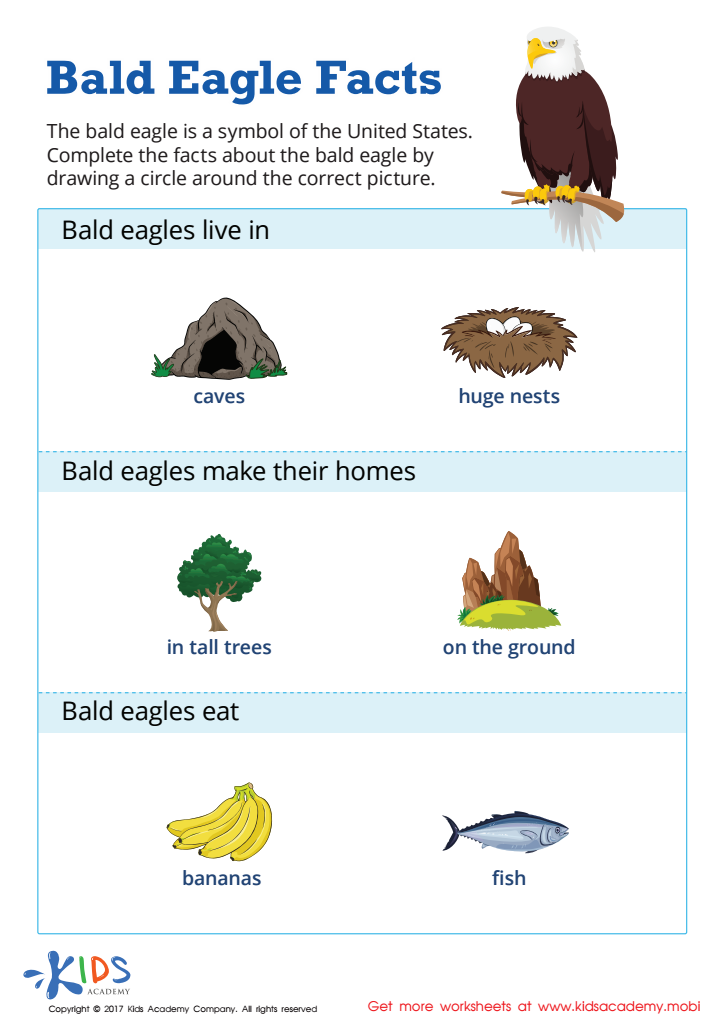

Bald Eagle Facts Worksheet
Teach your child to appreciate the beauty of bald eagles with this printable worksheet. It will help them to understand how they live and what they eat, as well as the importance of the bird as a national symbol. Take their learning to the next level by explaining the symbolism of the bird, and help them to develop a sense of respect.
Bald Eagle Facts Worksheet
Worksheet
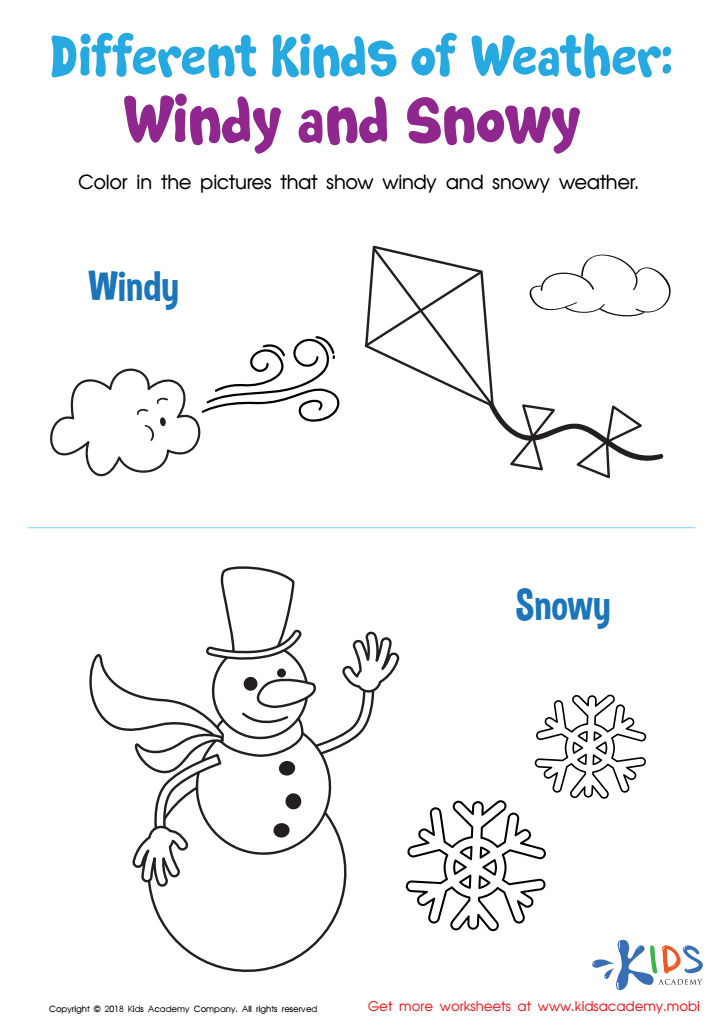

Different Kinds of Weather: Windy and Snowy Worksheet
Invite your little learner to practice their fine motor skills and learn about nature with this fun and charming PDF worksheet! Reinforce weather patterns and examine their environment as they color, giving them a foundation for understanding how weather affects them. No matter the weather, your learner will have a blast!
Different Kinds of Weather: Windy and Snowy Worksheet
Worksheet
 Assign to the classroom
Assign to the classroom



